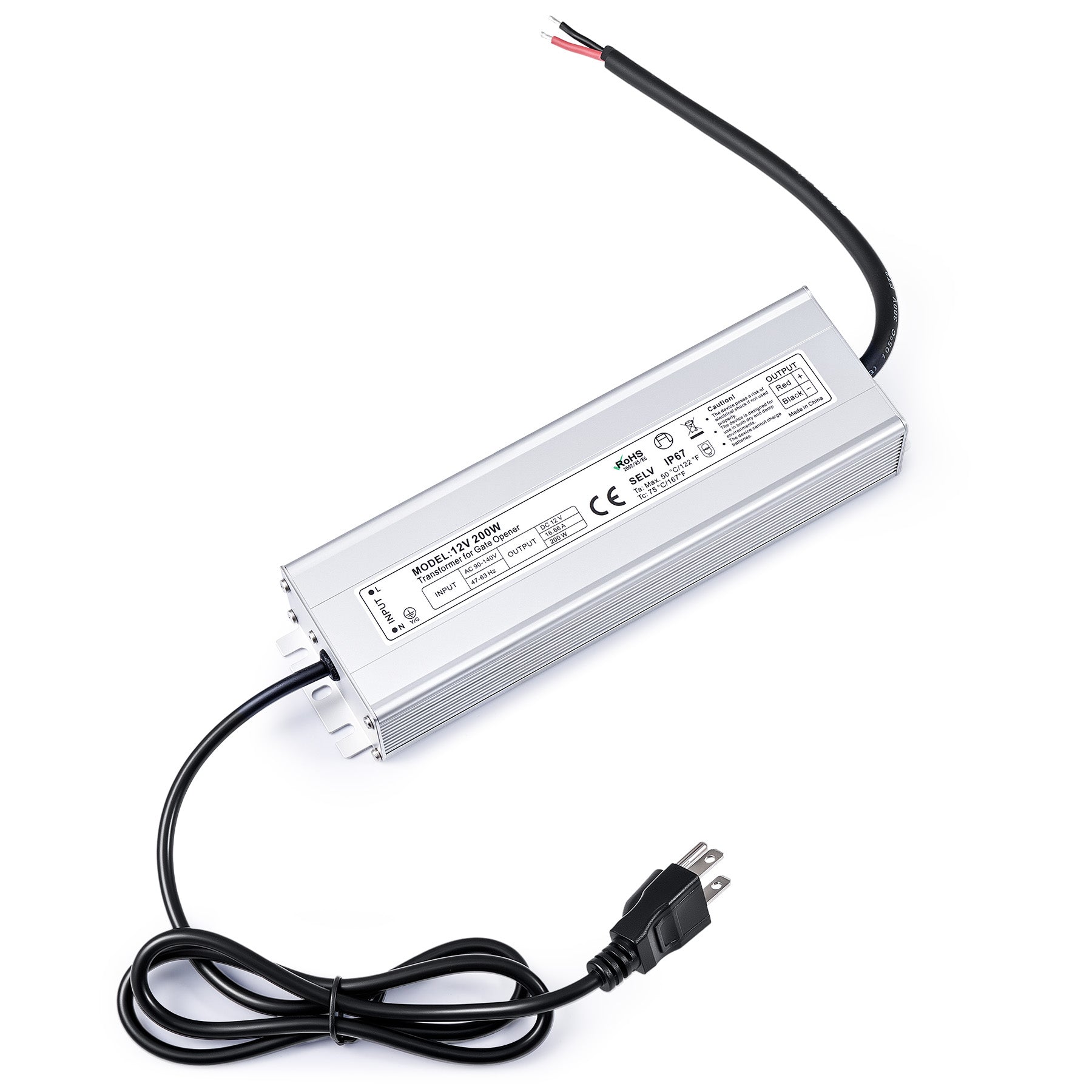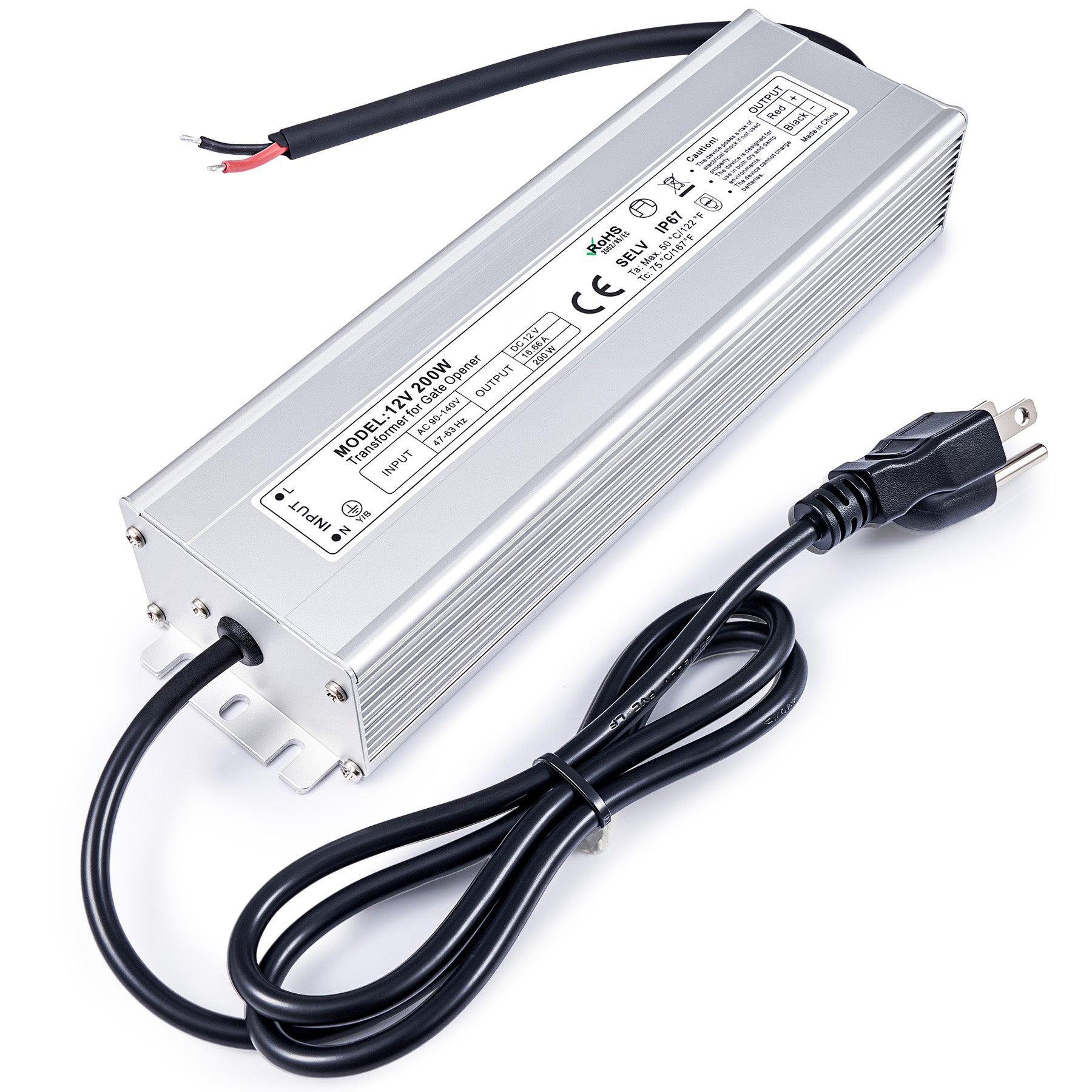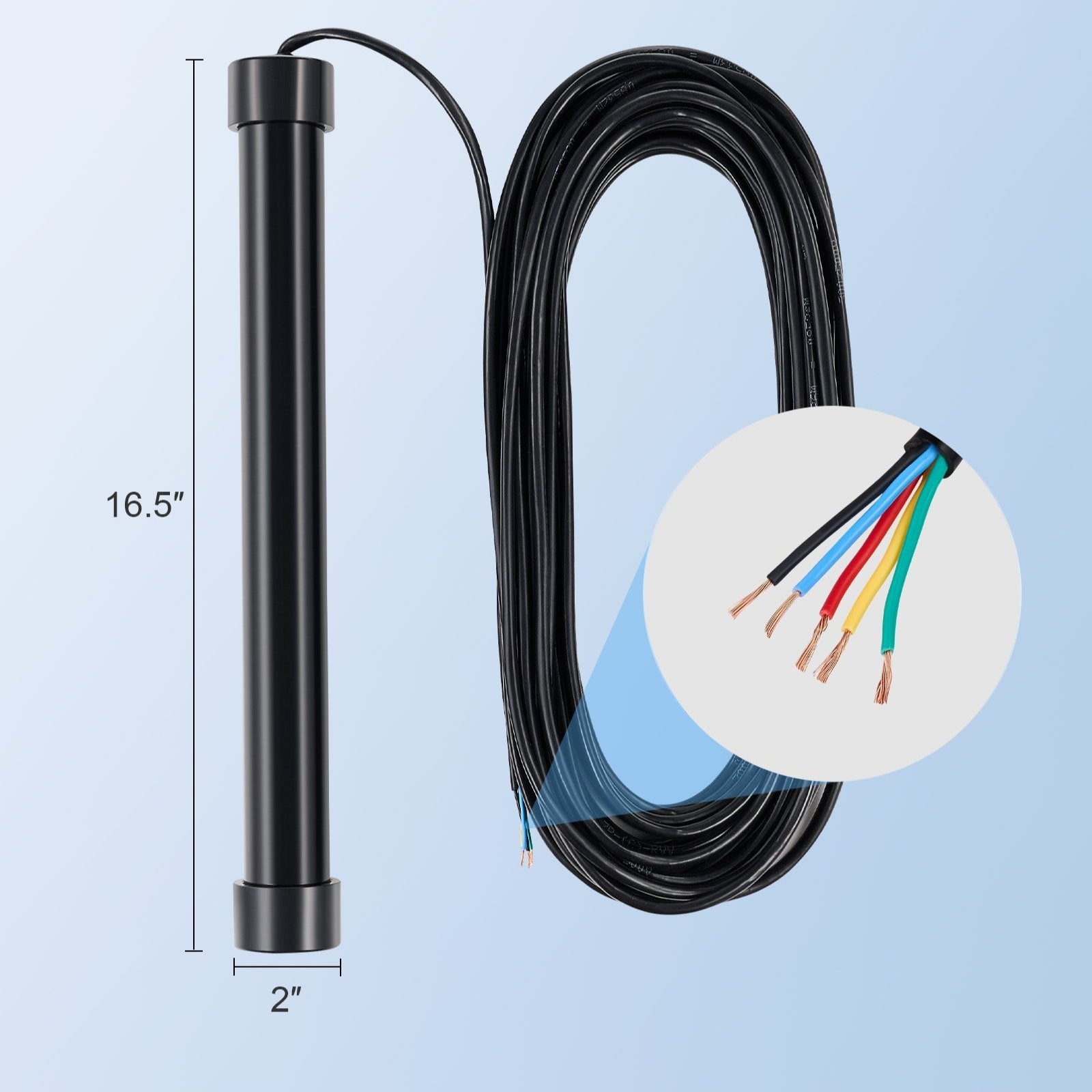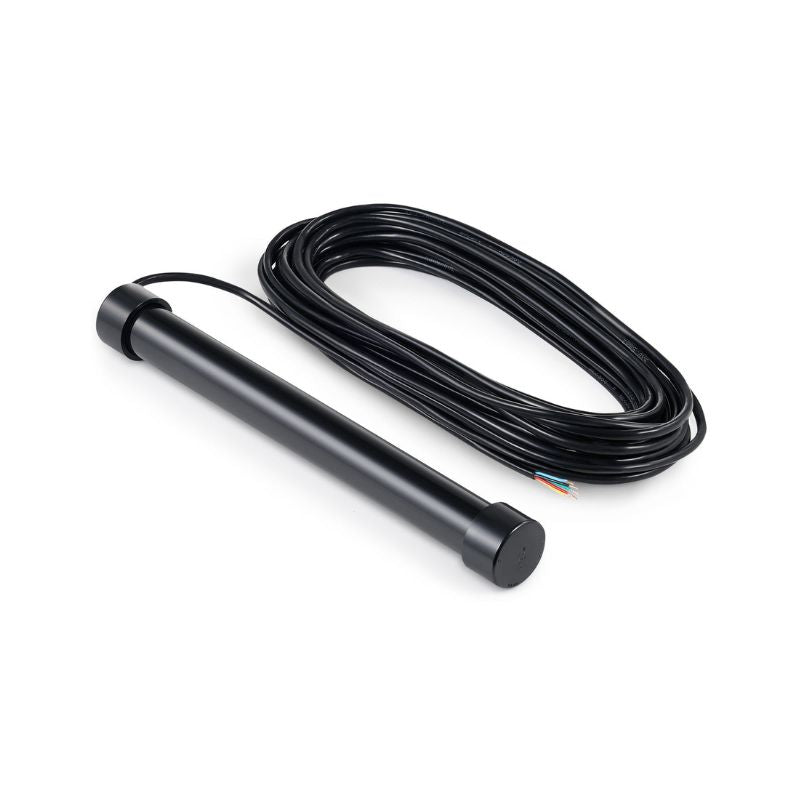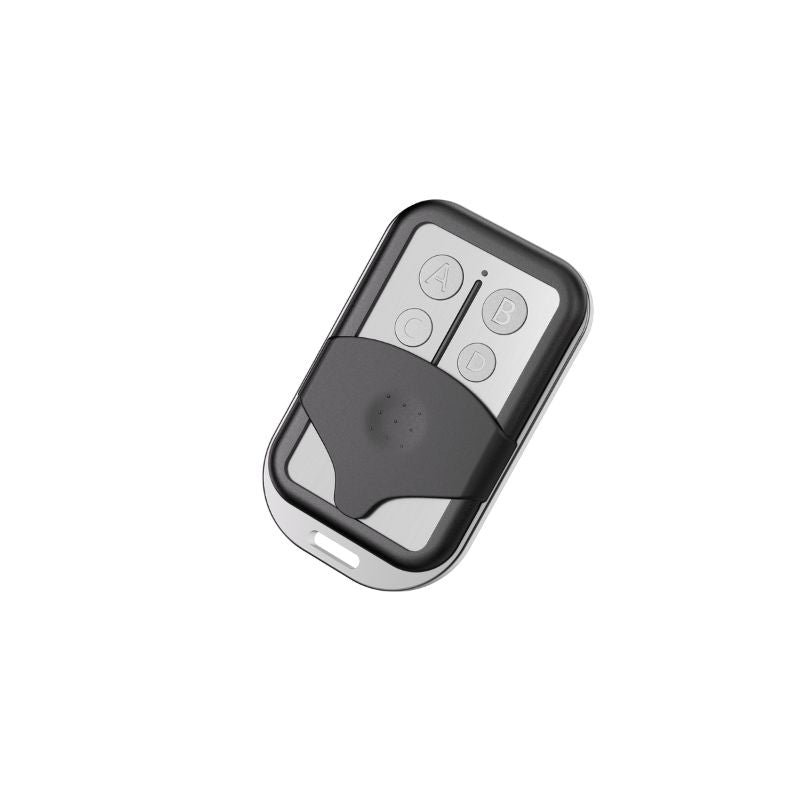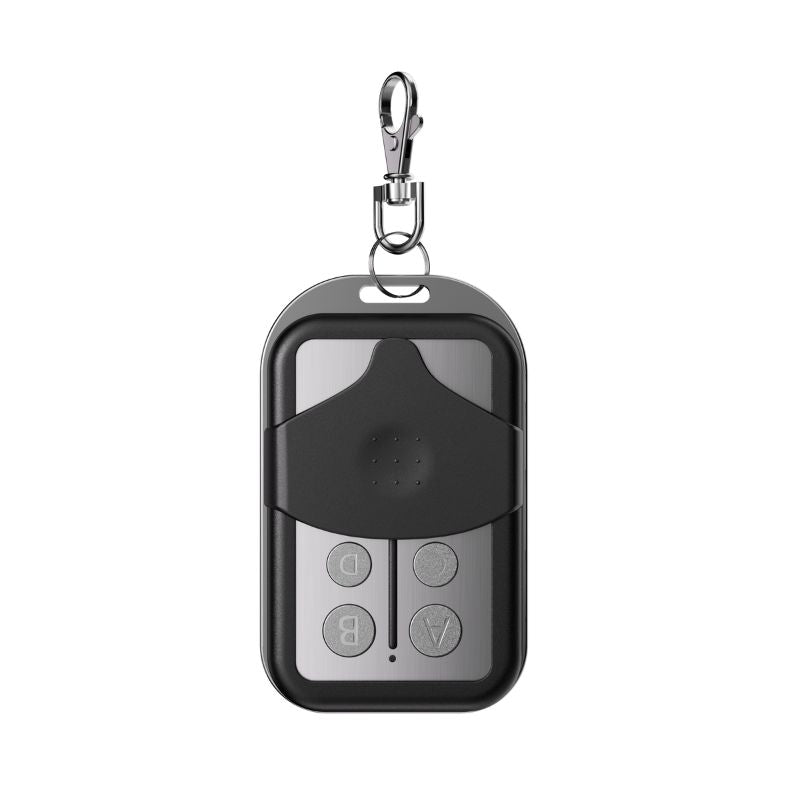A mismatched garage door opener can wear out quickly, strain your door, or just constitute the loudest nuisance every morning. This guide breaks down everything homeowners need to know about garage door sizes, opener horsepower, and other key factors.

Understanding Garage Door Sizes
In order to determine which opener is best for your garage door, you must first be able to tell, with exactitude, what the size of your garage door is.
Average garage door sizes in America are typically 8 feet wide by 7 feet tall for a single-car garage and 16 feet wide by 7 feet tall for a double-car garage, but garage door sizes differ depending on whether it is a single-car garage door, a double-car garage door, or an oversized garage door.
Here’s a table of average garage door sizes and their typical dimensions
Garage Door Sizes and Dimensions
| Garage Door Type | Typical Dimensions | Recommended HP |
| Single-car (lightweight) | 8-9 ft wide × 7 ft tall | 1/3-1/2 HP |
| Single-car (heavier/insulated) | 8-9 ft wide × 7–8 ft tall | 1/2 HP |
| Double-car (standard) | 16 ft wide × 7 ft tall | 1/2-3/4 HP |
| Double-car (heavy/insulated/wood) | 16 ft wide × 7-8 ft tall | 3/4 HP |
| Oversized / Tall (trucks, SUVs, RVs) | 16-20+ ft wide × 8-10 ft tall | 1 HP+ |
Tip For Choosing:
- It is always important to remeasure carefully every time you make changes, even if you are replacing an old door or planning a custom oversized one.
- Even a few inches can make a difference in selecting the right opener.
Garage Door Opener Sizes: Horsepower Matters
The size of the garage door opener you choose must match the weight of your garage door. Garage door openers are sized by horsepower (HP), which determines how much weight the motor can lift comfortably.
Most homes in the U.S have single-car garage doors made of aluminum, which generally weigh less than 400 lbs, so 1/2 HP is the standard for most homes
However, you may want to consider 2/4 HP or more if your gate is larger and heavier, or made of wood.
| HP | Best For | Notes |
| 1/3 HP | Lightweight single-car doors | Rare now; may struggle with insulated or heavy doors |
| 1/2 HP (Standard) | Most residential single and double doors | Affordable and reliable; suitable for standard doors |
| 3/4 HP | Heavier insulated or wooden doors | Runs smoother and lasts longer under frequent use |
| 1 HP+ | Oversized or extra-heavy doors | Ideal for large wood, steel, or carriage-style doors; often used commercially |
Making Your Decision
Choose a motor with 3/4 HP or higher if your door is heavy, insulated, oversized, or if you open it multiple times a day. If not, a standard 1/2 HP model should suffice for a typical driveway.
Drive Types: How Your Door Moves
Another important factor to consider when choosing the right size garage door opener is the drive type. The type of drive also affects your opener’s performance and noise. Here’s how the main drive types compare:
| Drive Type | How It Works | Pros | Cons | Best For |
| Chain | The metal chain pulls the door | Strong, reliable, affordable | Noisy, needs maintenance | Detached garages, budget-friendly |
| Belt | Reinforced rubber belt | Quiet, smooth, low maintenance | More expensive | Attached garages where noise matters |
| Screw | The threaded steel rod lifts the door | Fewer moving parts, less maintenance | Louder than the belt, slower, temperature-sensitive | Moderate use, warm climates |
| Direct | The motor itself moves along the track | Ultra-quiet, long-lasting, minimal maintenance | Higher cost, less common | Attached garages, premium setups |
Tip: If your garage is attached to living spaces, a quiet belt or direct drive can make a huge difference in comfort.
Other Factors to Consider
HP and drive type are the main considerations, but several other factors affect opener performance. Here are six important factors to consider when choosing a gate opener
- Door weight and material: The heavier your gate, the more powerful the gate opener you need. If it is insulated or wooden, it will require a 3/4 HP or higher gate opener
- Frequency of use. If your family is large or super busy, and tends to open the garage door many times a day, it is wise to get a gate opener with more capacity than necessary. This will help prolong the motor life
- Noise level: How comfortable are you with noise? Chain drives are loud; belt and direct drives are quiet.
- Future door changes: if you plan to upgrade to a heavier door later, choose a stronger opener now. That way, you don't have to upgrade later
- Climate and environment. When choosing a gate opener, always consider that temperature extremes and humidity can affect screw drives and maintenance requirements.
- Budget vs. longevity: A stronger opener may cost more upfront but save money on repairs and replacements.

Putting It All Together: Choosing Your Opener
Here’s a practical way to match your door with the right opener:
| Garage Door Size | Typical Dimensions | Recommended HP | Suggested Drive Type |
| Single-car, lightweight | 8–9 ft wide × 7 ft tall | 1/3–1/2 HP | Chain or belt |
| Single-car, insulated/heavy | 8–9 ft wide × 7–8 ft tall | 1/2 HP | Belt or screw |
| Double-car, standard | 16 ft wide × 7 ft tall | 1/2–3/4 HP | Chain, belt, or screw |
| Double-car, heavy/insulated | 16 ft wide × 7–8 ft tall | 3/4 HP | Belt or direct drive |
| Oversized/tall | 16–20+ ft wide × 8–10 ft tall | 1 HP+ | Belt or direct drive |
Pro Tip: Never undersize your opener-it will overwork, shorten its life, and increase noise and maintenance needs. Slightly oversizing for heavier doors or frequent use is always safer.
Recommended Garage Door Opener
Zumi's garage door opener features built-in infrared sensors that automatically stop the door if anything gets in the way, ensuring safe, worry-free use.
- With its wall-mounted design, you can maximize ceiling space for extra storage or a clutter-free garage.
- You also get a manual backup handle that allows you to easily unlock and switch to manual mode during power outages or emergencies.
Plus, the Zumi-exclusive 128-bit rolling code keeps your garage access secure, while the whisper-quiet motor ensures your garage operates silently, even during late-night or early-morning use.

Final Thoughts
Choosing the right garage door opener is more than just picking a standard 1/2 HP motor. Consider the size, weight, material, frequency of use, drive type, and environment. By matching your door with the right opener, you’ll enjoy smoother, quieter, and longer-lasting performance- and save yourself headaches (and money) down the line.



